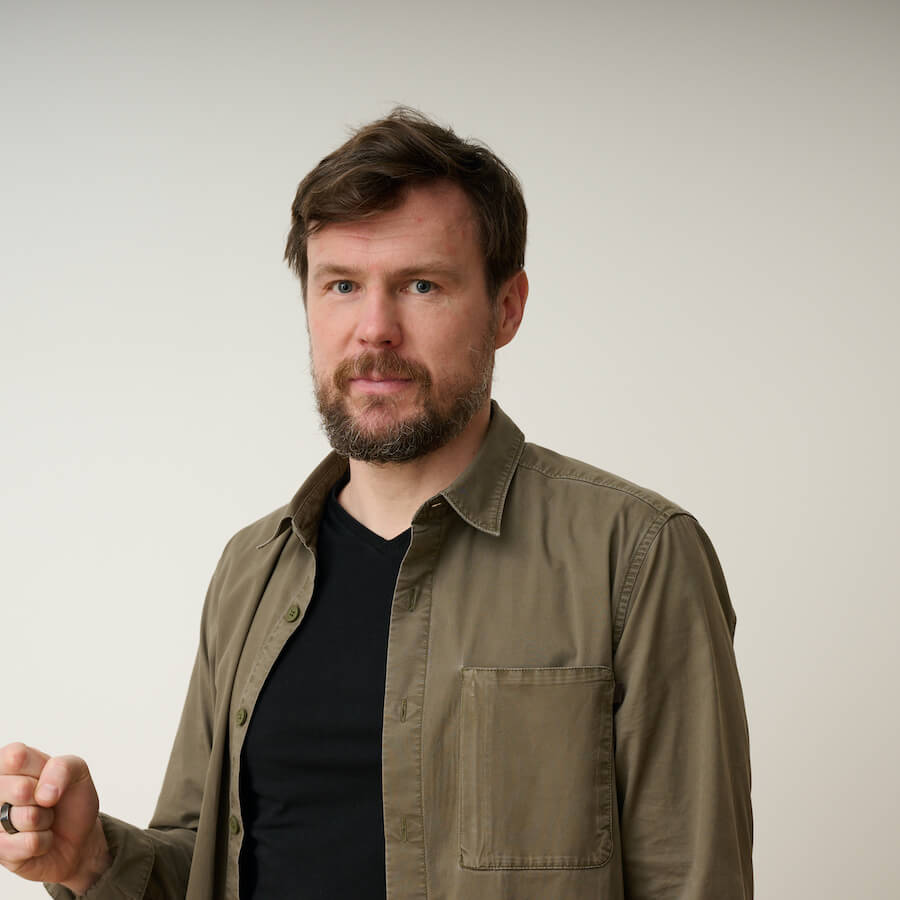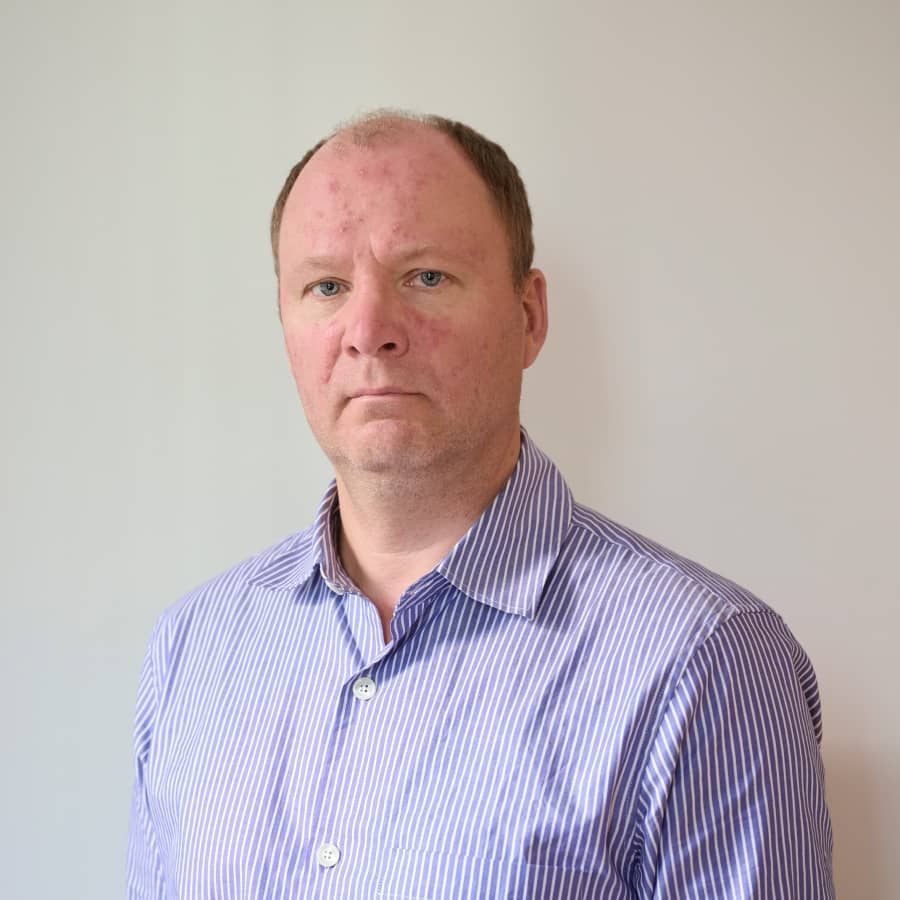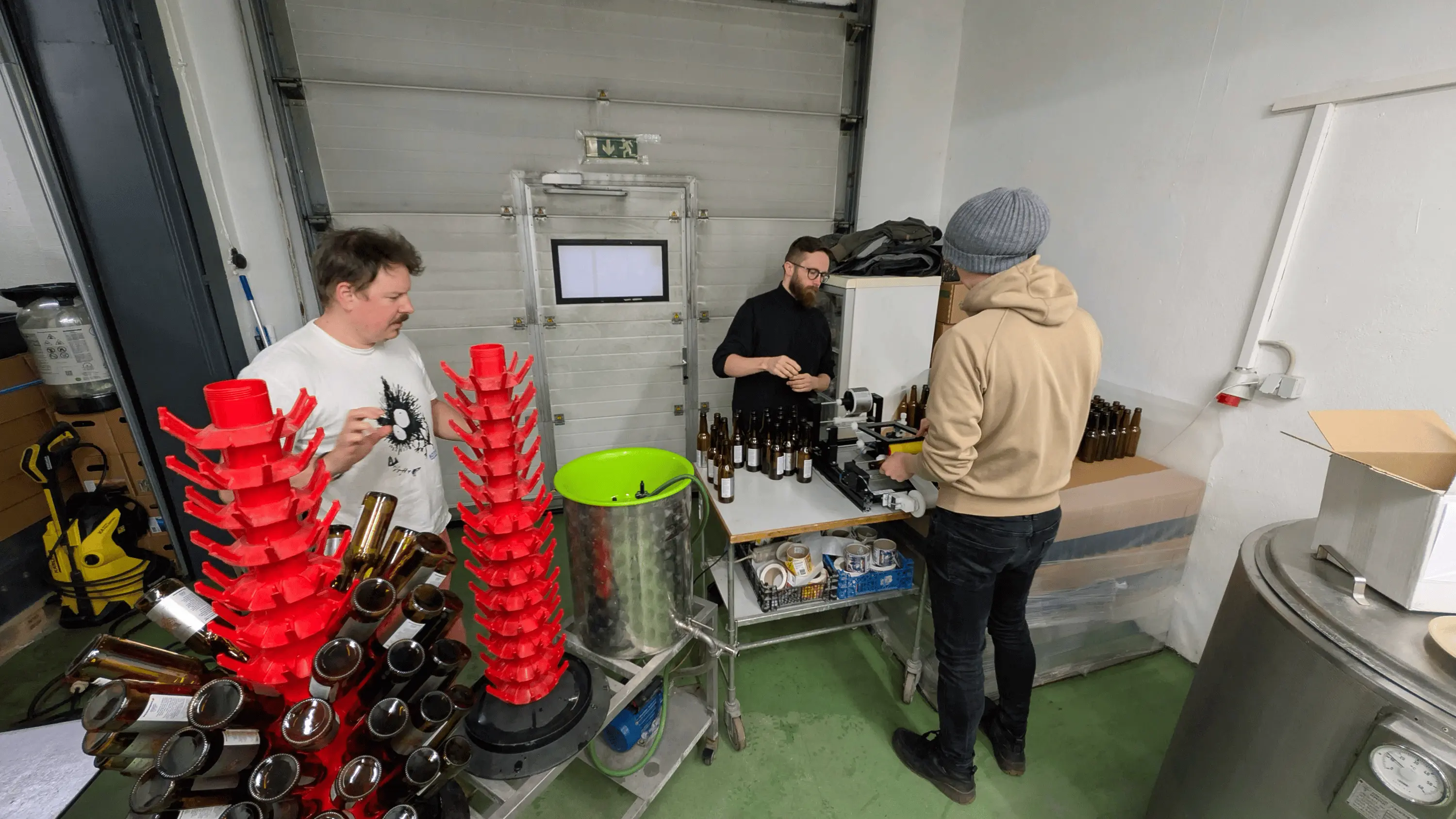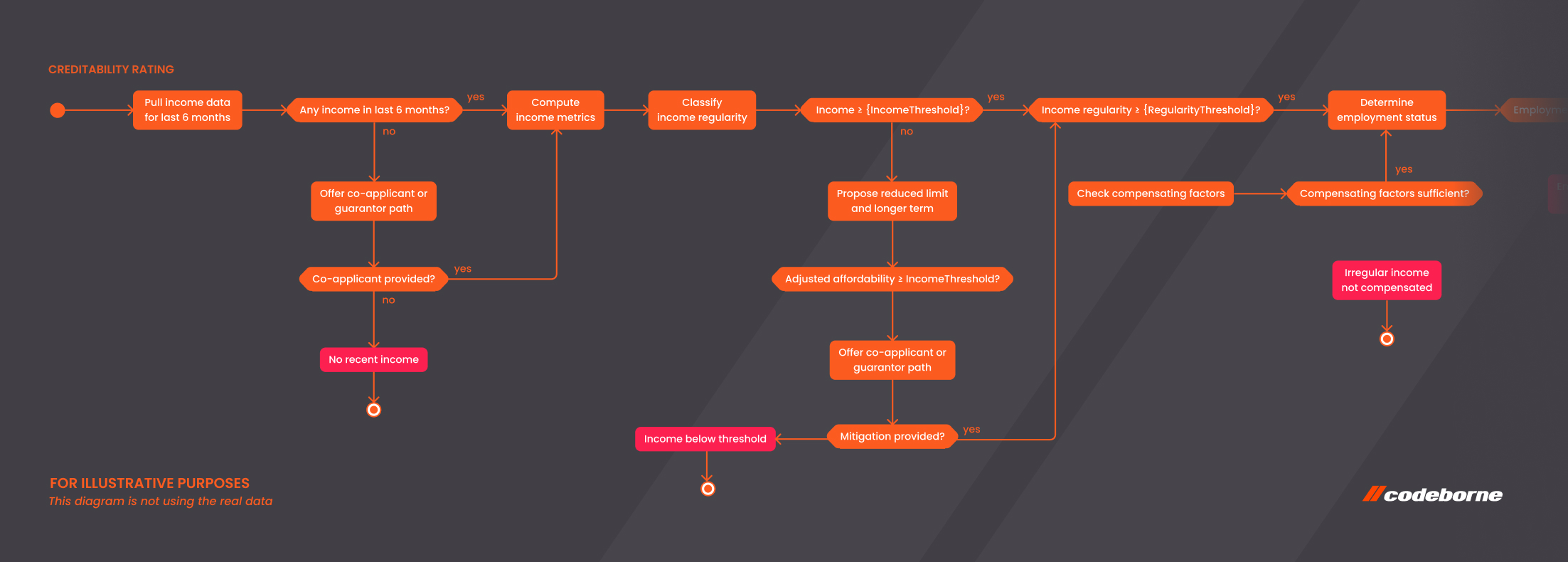
Partnering with Nicigas in their Energy Development Business
In Codeborne we have built energy information systems in Estonia, Sweden, Norway, Denmark, Luxembourg, Austria, and Japan. With Nicigas we combined our expertise and skillset to create something new on the Japanese market.
Who is Nicigas?
Nicigas is a utility company in Japan’s gas and electricity market, serving millions of customers in the Tokyo region. The company is a prime example of how Japanese energy firms are meticulously preparing for the future, focusing on energy delivery security (think potential earthquakes in the region), energy availability and pricing flexibility, and environmental impact. An interesting trivia fact is that Nicigas reportedly has the world’s largest and most automated gas cylinder refilling station.
The project: A step towards the future
Nicigas, traditionally a gas company, also operates on the electricity market. However, Nicigas’ view of the energy market is more sophisticated than only selling electricity. Nicigas focuses on local PV (photovoltaic) production, operating hybrid heat pumps that can run on gas and electricity depending on the price and availability, setting up energy communities, etc. In Codeborne we have built energy information systems in Estonia, Sweden, Norway, Denmark, Luxembourg, Austria, and Japan. We have worked on transmission and distribution operator systems, national-level central systems, and sophisticated virtual power plant solutions. With Nicigas we combined our expertise and skillset to create something new on the Japanese market.
What did we deliver?
Nicigas’ goal was to offer energy-sharing group functionality so that a landlord with a PV panel producing more than s/he consumes could share the excess production with other group members. Energy-sharing groups can be set up in different ways, for example, the energy produced by the PV owners can be divided between the group members and they will respectively pay less as they buy less electricity from the grid; the production is not divided between the sharing group member but rather sold back to the grid and the money made from it is used to deduct the bill(s) of other(s) group member(s). Also there are different rules on how the production is divided - it can be first come first serve principle, fixed percentages, or ranks.
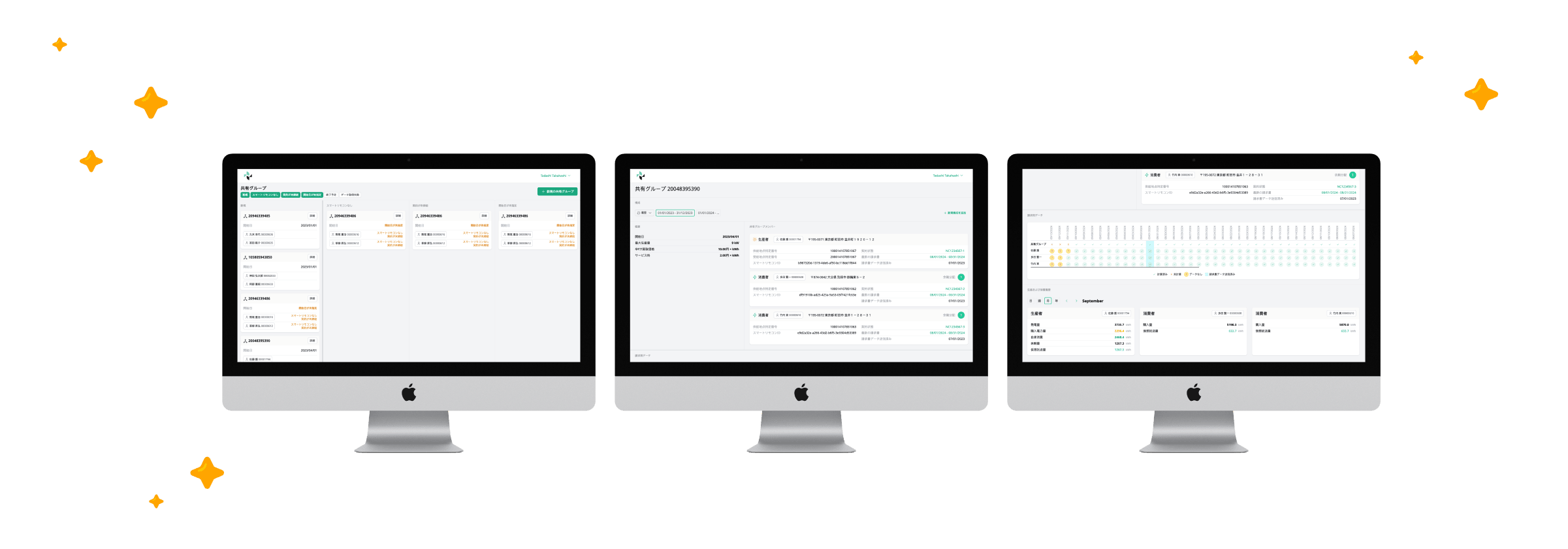
In Nicigas’ case, we built a system that enabled producers to deduct other group member invoices. The task was to measure the exact consumption and production of each site (and to be noted, that a regular smart meter does not have enough real-time data granularity for that business case) and from the other hand calculate the invoices based on the actual market price, margins, and customer-specific price plans.
In the new setup, the Nicigas employees could create “sharing groups” using the tool we developed. They could view a list of customers with solar panels, sorted by surplus production, and form a sharing group. Over time, we collected consumption and production data, predicted both consumption and production and displayed fancy graphs with the suggestions to the end users.

Unique aspects of the Japanese market
In practice, sharing groups are often formed along family lines, like between a father and son, rather than randomly. Typically, the father, as the producer, would cover the electricity costs of the family members. This approach reflects a cultural nuance: in Japan, direct monetary gifts have in some contexts sensitive meaning. Instead, parents find other ways to support their offspring.
Technical stack
The client had specific preferences, dictated by the local development environment in Japan. They opted for Python, along with Vue, and MySQL, leveraging the expertise available locally.
Conclusion
This project was a rewarding experience. It’s always special to be part of a project that changes the ways how electricity is produced and consumption habits change. The next steps would be to roll out the service on a larger scale; and invent new products and services, where, for example, producers can store their excess production in energy community or utility company owned storage. We at Codeborne are excited to see the future developments in the Nicigas Energy Business.
Collaborate with us for smarter energy solutions
Our recent stories
The Codeborne Christmas beer brewing diaries
It was a sunny day in September. Quite warm for that time of year. We were sitting with my colleague Tiit on the roof terrace in the Codeborne office as we do every now and then. I ask him for advice on occasion - after all, what are the more experienced colleagues good for otherwise?
“Backing up” a good product owner
One of the key players in most successful agile projects is a product owner, at least in Codeborne’s practice. Our practice stretches for more than 15 years, during which we have successfully delivered over 100 projects.
Unleashing the power - How Creos partnered with Codeborne to change Luxembourg's energy sector
Creos Luxembourg involved Codeborne in its journey to modernize Luxembourg’s energy sector
